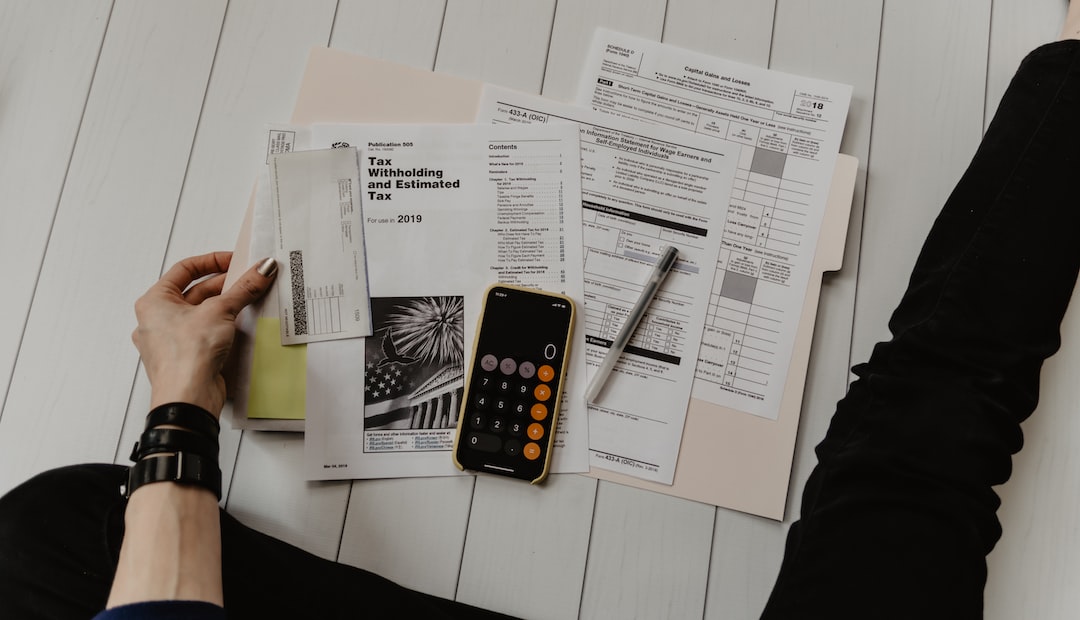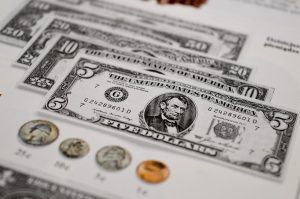Speculation in forex refers to the act of buying and selling currencies with the aim of making a profit from the fluctuations in exchange rates. Forex speculation involves predicting the direction in which the exchange rate of a particular currency pair will move and taking a position based on that prediction.
Forex speculation is a popular activity among traders, investors, and financial institutions. It is often used as a tool for hedging against currency risks and for generating profits. However, forex speculation is also associated with high risk and potential losses.
Forex Speculation: How Does it Work?
Forex speculation involves taking a position on a currency pair based on the expectation that the exchange rate will move in a particular direction. For example, if a trader believes that the US dollar will appreciate against the Euro, they will buy the USD/EUR currency pair. If the exchange rate rises, the trader will make a profit. If the exchange rate falls, the trader will incur a loss.
Forex speculation can be done using leverage, which means that traders can control a large amount of currency with a small initial investment. Leverage allows traders to amplify their profits, but it also amplifies their losses.
Forex Speculation: Risks and Rewards
Forex speculation can be highly rewarding, but it is also associated with high risks. The forex market is highly volatile and unpredictable, and the exchange rates of currency pairs can fluctuate rapidly and significantly. This can result in large profits, but it can also result in significant losses.
Forex speculation also involves a high degree of uncertainty. Currency exchange rates can be influenced by a wide range of factors, including economic data, geopolitical events, central bank policies, and market sentiment. It is difficult to predict how these factors will affect exchange rates in the short term, which makes forex speculation a risky activity.
Forex speculation is also subject to market manipulation and fraud. Some traders and financial institutions may engage in unethical practices, such as insider trading or market manipulation, in order to profit from currency movements. This can have a negative impact on other traders and investors, and can result in significant losses.
Forex Speculation: Tools and Strategies
Forex speculation requires a range of tools and strategies to be successful. Traders need to have a good understanding of the forex market, including the factors that influence exchange rates. They also need to have access to reliable data and analysis tools, such as technical indicators and economic calendars.
Forex traders also use a range of strategies to speculate on currency movements. Some traders use technical analysis, which involves analyzing charts and patterns to identify potential trading opportunities. Other traders use fundamental analysis, which involves analyzing economic data and news events to predict currency movements.
Forex traders also use a range of risk management strategies to minimize losses. This includes setting stop-loss orders, which automatically close a position if the exchange rate moves against the trader, and using position sizing to limit the amount of capital at risk.
Conclusion
Forex speculation is a popular activity among traders, investors, and financial institutions. It involves predicting the direction in which the exchange rate of a particular currency pair will move and taking a position based on that prediction. Forex speculation can be highly rewarding, but it is also associated with high risks. The forex market is highly volatile and unpredictable, and the exchange rates of currency pairs can fluctuate rapidly and significantly. Forex traders need to have a good understanding of the market and use a range of tools and strategies to be successful.






